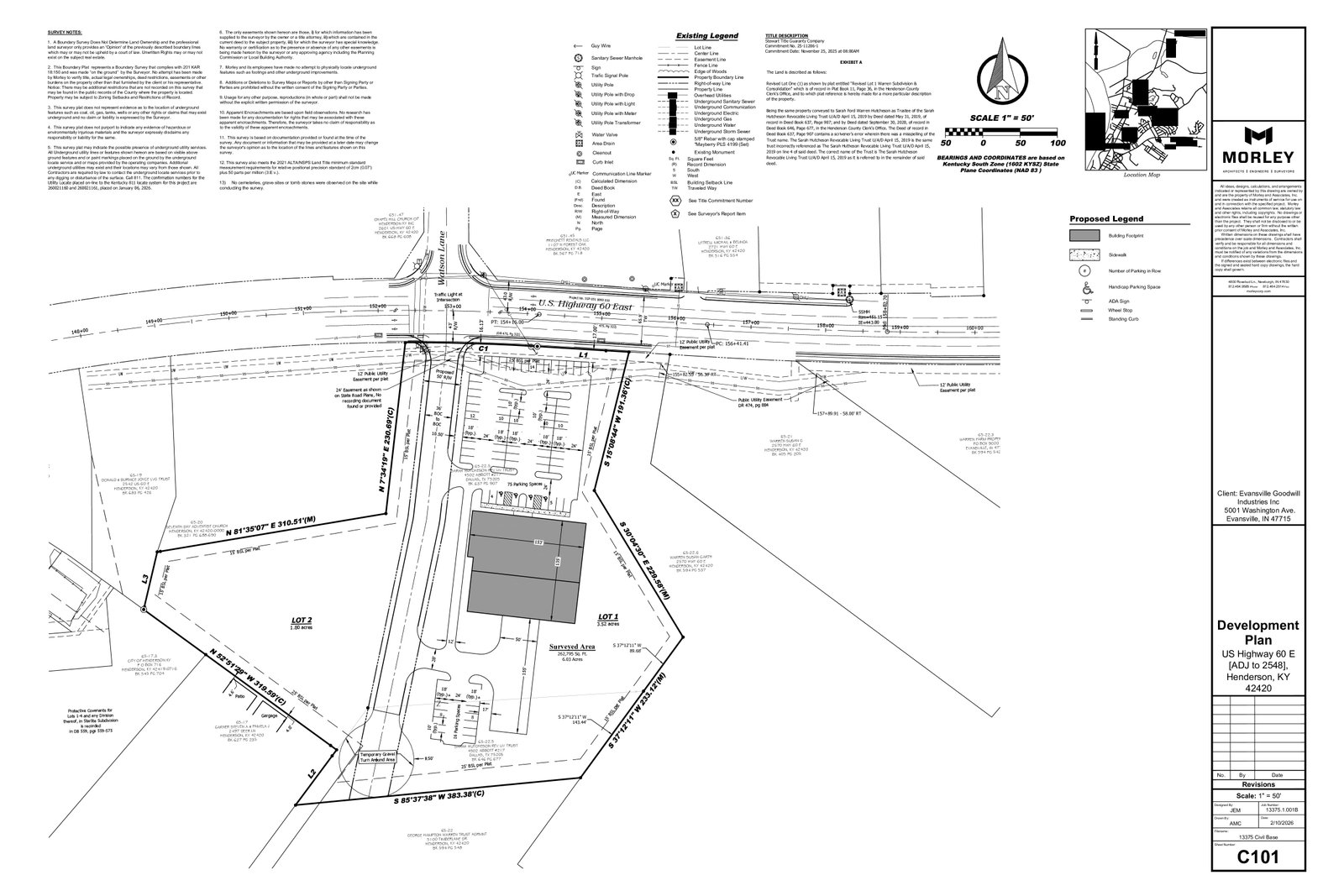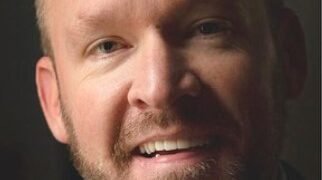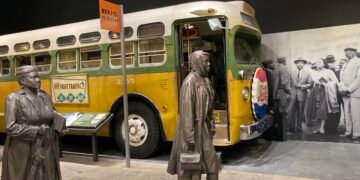(This article first appeared in the October print edition of the Hendersonian.)
Waking in the black of night is a familiar, near sacred time for me. It hearkens to a familial connection, when my father Charles, elder brother Robbie, and I would arise hours before dawn, receive stacks of newspapers tied together with twine, fashion them in a tight neat roll, and secure them with a rubber band. That part of the job was for my brother and me. Sometimes I would stop and read the articles as I rolled the paper, trying to understand what was happening in the world and in my town through the words. There was something beautiful in that meditative act, even for a child.
The whole family would pile into the station wagon in the dark, (my mother having joined us after her night shift), newspapers put in the far back, and we would set upon the delivery route, something I entertained as a kind of wonderous secret journey for my family…being up before the rest of the world and seeing that world before anyone else including the birds.
My brother Robbie and I making a game of how to throw the newspaper as close to the homeowner’s doors as possible, and/or delivering the paper to the mailbox, always with a strong sense of respect for the customers, initiated by my parents. Both did this in addition to their own jobs at their respective factories, where my father began work at seven in the morning, my mother having just completed her night shift before the paper route began. Together as a family, we also sold door-to-door products from Amway–a company that is still in business. It was essential that we worked together as unit, in a kind of individual responsibility meeting the collective whole. It also helped a poor family through harsh economic times and has instilled a strong work ethic in me today.
My mother Kimiko has always worked, starting at a very young age (pre-preschool) in Okinawa during and after the Second World War. Okinawa had been obliterated, with little food supply, and it was her job to procure something, anything, for the family to eat. One story is that my grandmother would send her outside after it rained, to find snails for the family meal. (Hence her dislike today of escargot.) Together with her mother, the idea of any work by any means necessary, to provide for the family was a given. They had such creative ways of doing this: selling their own kimonos on the street, mending others worn out clothing, raising their own soybeans to make tofu daily–again to sell on the street with other homemade food/meals. Amid this, my mother was the sole caregiver for her siblings because of the daily working demands of her mother, my grandmother, after the war. Her husband, my grandfather, had contracted various forms of wartime illnesses, malaria and tuberculosis to name a few, and was unable to work, leaving the women to provide for all. During all that happened during the war, part of that time was also spent living in a cave with other families for protection. I truly can’t imagine what it was like finding food at that time.
This morning before sunrise, I watched as Kimiko began sweeping the floor. This is a ritual and even perhaps more, a repetitive motion enhanced by dementia that keeps our floors close to spotless. I had made coffee at 4am, and though her cup was at the ready, she swept before having her coffee. I am reminded of her instinct to move around, straighten things in the house, clean-to have a job she does each day, all day.
In the blue zones, of which Okinawa is one, having a sense of purpose may help people live longer, as well as reduce the risk of dementia. In UC Davis Health News on Mental Health, Lisa Howard writes, “Researchers found that people who reported a higher sense of purpose in life were about 28% less likely to develop cognitive impairment-including mild cognitive impairment and dementia.”
“Our findings show that having a sense of purpose helps the brain stay resilient with age,” said Dr. Aliza Wingo, senior author and professor in the UC Davis Department of Psychiatry and Behavioral Sciences. “Even for people with a genetic risk for Alzheimer’s disease, sense of purpose was linked to a later onset and lower likelihood of developing dementia.”
Writes Howard, “Previous studies on aging have found a wide range of activities give older adults a sense of life purpose, sometimes referred to as “ikigai” (a passion that gives value and joy to life.)”
Some of those activities mentioned by Dr. Wingo are focusing on family relationships, working or volunteering, doing faith-based or spiritual activities, setting and working towards personal goals, and helping others via acts of kindness and philanthropy. People who have a sense of purpose are more likely to interact with other people, lowering the odds of feeling lonely. One recent study found that consistently feeling lonely can raise the risk of dementia by more than 30%.
Once, while losing patience with my mother at having to repeat a statement a few times, I was embarrassed and angry at myself when I saw the horrified look on her face. She stammered, “I don’t know why I ask so many questions. When I was at my museum job, I asked the same questions all the time, to more than one person, and I lost my job.” She drifts off, gazing ahead, a thousand-yard stare. Most likely, it is at this job that her signs of dementia began to show. She speaks of that job a few times a week and was so disheartened when she had to leave it, that she constantly asks about working again now. It was at the Evansville Museum of Arts, History, and Science, manning the desk at the transportation center, a part of the train exhibition. Her biggest brag to me is that after years of working in factories, she was paid to greet visitors and tell them about the exhibitions–all while sitting down!
Recently, I have found a solution to her search for purpose. Soon, Kimiko and I will be volunteering at an elder care facility, teaching and being a part of various classes, helping where we can and hopefully fulfilling her need to be needed with a job she can do, and finding a community which mirrors her life now. A good life blossoming in the balance of things. An ikigai for Kimiko.




















